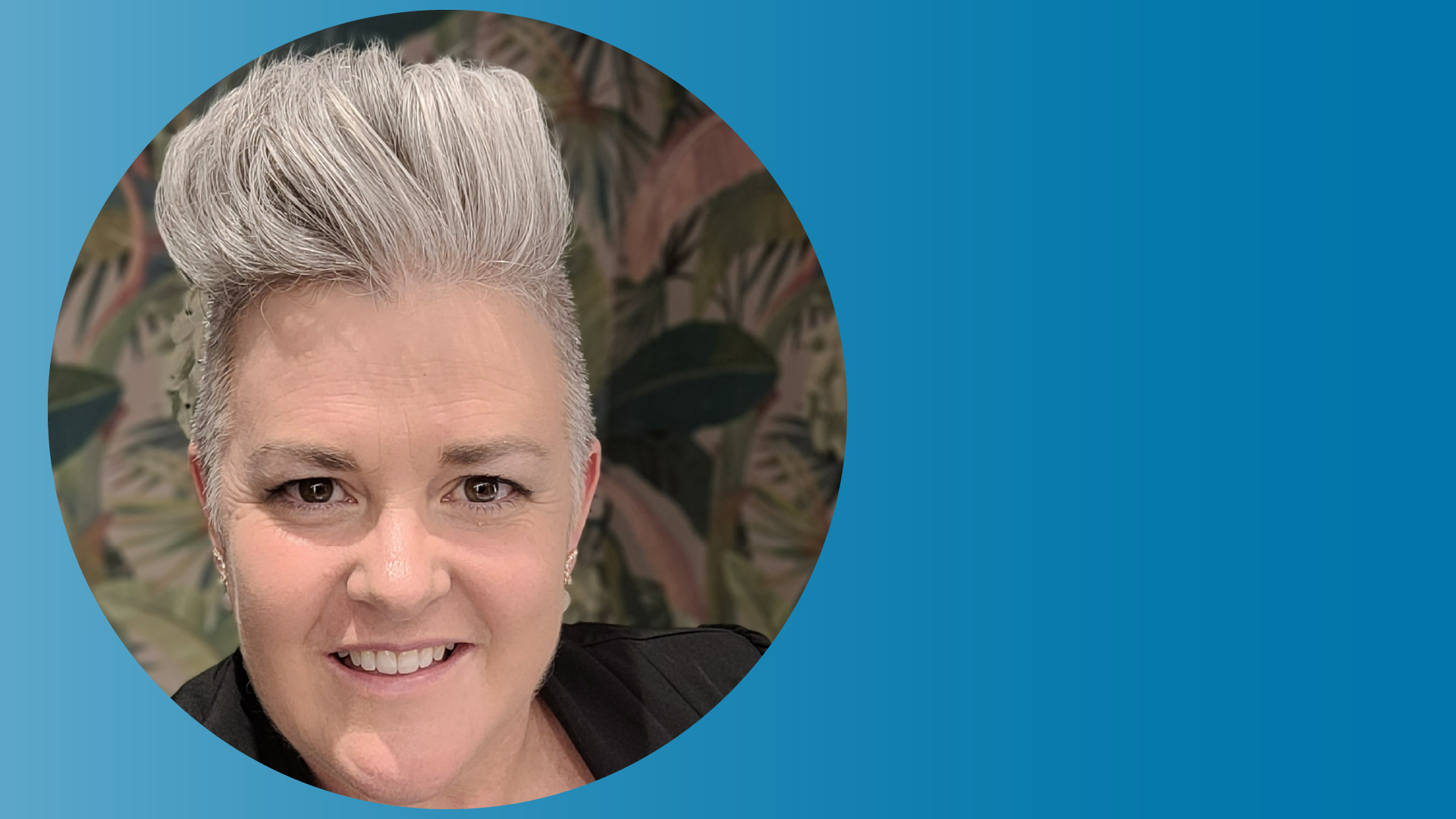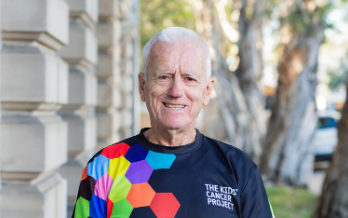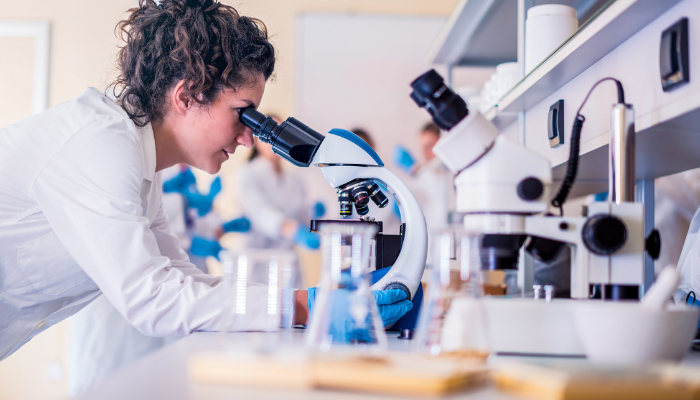Col Reynolds Fellow, Ms Rachel Edwards

Recipient: Ms Rachel Edwards
Institute: Queensland University of Technology
Funding: $204,000 October 2024 - September 2027
Nearly three decades’ worth of nursing experience has enabled Rachel Edwards to gain a consummate understanding of the medical industry. Undertaking her PhD, The Kids’ Cancer Project has officially recognised Rachel as a Col Reynolds Fellow in 2024.
Rachel’s focus centres solely around patient care, as she works to ensure care and support for kid's cancer patients is of the highest standard, particularly those undergoing Bone Marrow Transplants, or BMTs.
Rachel spoke with The Kids’ Cancer Project, about what she’s aiming to achieve with the funds provided by our incredible donor community.
What inspired you to pursue a career in childhood cancer research?
In my 28 years of nursing, I've seen the profound impact of treatment-related side effects not only on children with cancer, but also on their families and healthcare team. A cancer diagnosis and accompanying symptoms are such an immense burden that I’m driven to deliver compassionate, evidence-based care.
After caring for my sister who has Stage 4 cancer and watching her navigate the healthcare system and struggle to accurately communicate her symptoms to her clinical team, the urgent need for better support and standardised care was clear, as were my motivations.
What is your current childhood cancer research project?
My latest study aims to optimise the management of symptoms and distress in children undergoing cancer treatment, especially those having Bone Marrow Transplant (BMT). This research explores the experiences of both young patients and the dedicated nurses caring for them.
We're also examining how Patient Reported Outcome Measures (PROMs) can be integrated into clinical practice to enhance symptom assessment and management. Our goal is to boost nursing knowledge, improve attitudes and behaviours and establish sustainable, effective tools for better patient care.
Why did you choose to focus on this area?
Throughout my clinical career, and in my current role at Queensland Children’s Hospital, I've had the privilege of caring for many patients undergoing BMT. These young patients face a wide range of distressing symptoms and require a knowledgeable and skilled healthcare team to effectively assess and manage their needs. Over the past decade, PROMs have shown great promise in improving symptom assessment, but their integration into routine care has been challenging. By bridging the gaps between nursing interventions and the use of PROMs when treating children undergoing BMT, we can enhance the quality of care and support for these brave children.
What do you hope the ultimate outcome of your research will be and how will it affect the lives of kids with cancer?
My goal is to implement PROMs into routine nursing care and support the early identification and effective management of distressing symptoms during their Bone Marrow Transplant. By standardising the assessment of symptoms and equipping nurses with new knowledge and skills to manage symptom distress, we should be able to significantly improve the quality of life for young patients receiving BMT
The expected findings will contribute to the international evidence on treatment-related symptom burden in childhood cancer patients. By enhancing nurse knowledge, attitudes, and behaviours on symptom assessment and management, we aim to reduce symptom distress and improve the quality of life for children undergoing Bone Marrow Transplants.
How does it feel to be a recipient of the Col Reynolds Fellowship? How will the Fellowship help your career?
I am incredibly grateful to be a recipient of the Col Reynolds Fellowship. This truly means the world to me and is a significant investment in my early research career.
This grant will enable me to pursue my vision over the next five years in spearheading tangible improvements in clinical practice through impactful research and education, to directly help young patients.
I am honoured to join The Kids’ Cancer Project team and work towards their mission of reducing the long-term toxic effects of cancer treatment and providing suitable supportive care for patients living with cancer, resulting in a significant improvement in their quality of life.
How important is it that we continue funding childhood cancer research here in Australia? And how does Australian research measure up internationally?
Continued funding for childhood cancer research in Australia is crucial. It allows us to drive innovation, uncover new treatments, and improve outcomes for kids facing this challenging disease. By investing in research locally, we not only support our talented researchers but also contribute to the global effort in understanding and combating childhood cancers.
Sustained funding ensures that we can continue this momentum, striving towards better outcomes, reduced treatment toxicity, and improved quality of life for children and families affected by cancer. Together, with ongoing support, we can make a lasting impact on the global fight against childhood cancer.
The funding for research is raised from The Kids’ Cancer Project’s community of donors. Would you like to share a message of thanks to those donors?
I am profoundly grateful for the generous support from The Kids’ Cancer Project’s incredible community of donors. Your contributions are the lifeblood of our research efforts, making it possible for us to advance in our mission to improve the lives of children with cancer. Without your support, our work would not be possible.
Your commitment allows us to pursue groundbreaking research, develop impactful educational programs, and implement evidence-based practices that directly help young patients and their families. Together, we are making significant strides in managing treatment-related side effects, enhancing supportive care, and improving the overall quality of life for these brave children.
Find out more about the Col Reynolds Fellowship
With an investment of over $7.6 million, The Kids’ Cancer Project is ensuring that some of the best and brightest young researchers in Australia can further their careers and most importantly, their impact on childhood cancer research.


Read more from past recipients
From a field of outstanding candidates across Australia, The Kids’ Cancer Project has funded the next generation of childhood cancer researchers. Their science-backed research is sure to deliver breakthroughs across a range of areas relating to childhood cancer.

